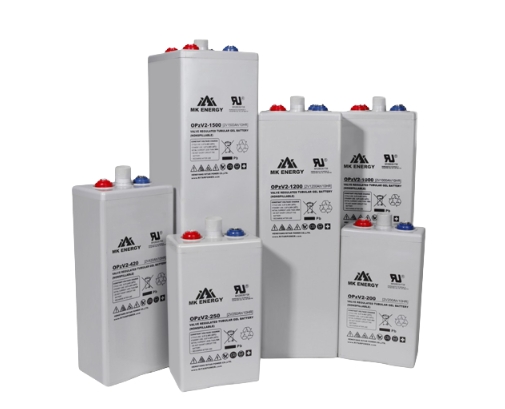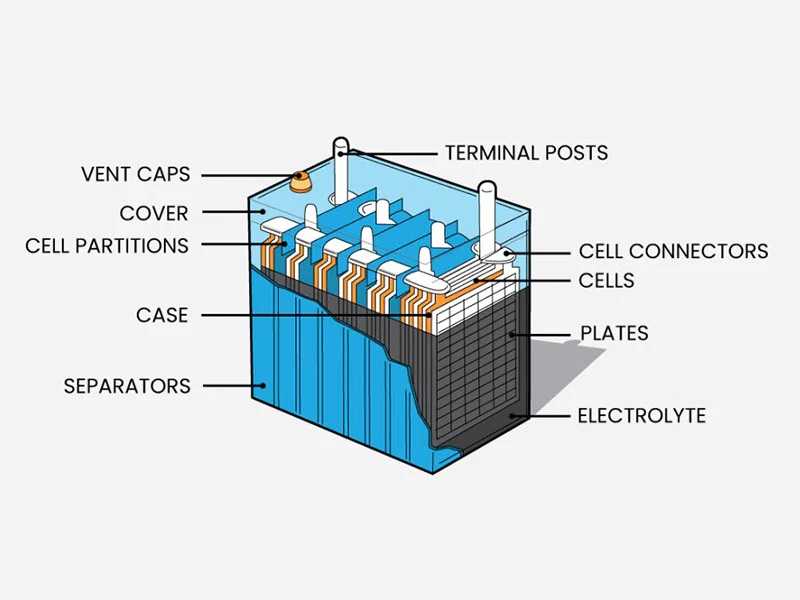Lead-acid batteries have shown to be a dependable and affordable option for energy storage throughout history. Lead-acid batteries continue to be essential in many sectors even with the advent of newer battery technologies. This article examines the developments in lead-acid battery technology and how they are being used in the contemporary energy storage period.
Advances in lead-acid batteries
Over the years, lead-acid battery technology has evolved significantly to meet the evolving demands of various applications. Advances in grid alloys, electrode materials, and manufacturing processes have led to improvements in energy density, cycling capabilities, and overall performance. Modern lead-acid batteries are more efficient, reliable, and durable than their predecessors, making them suitable for a wide range of applications, from automotive to renewable energy storage.

One of the key advancements in lead-acid battery technology is the enhancement of performance and efficiency. Advanced grid alloys and electrode materials have reduced internal resistance, improved charge acceptance, and increased energy density, allowing lead-acid batteries to deliver more power and longer cycle life. These improvements make lead-acid batteries a competitive option for applications where reliability and cost-effectiveness are paramount.


